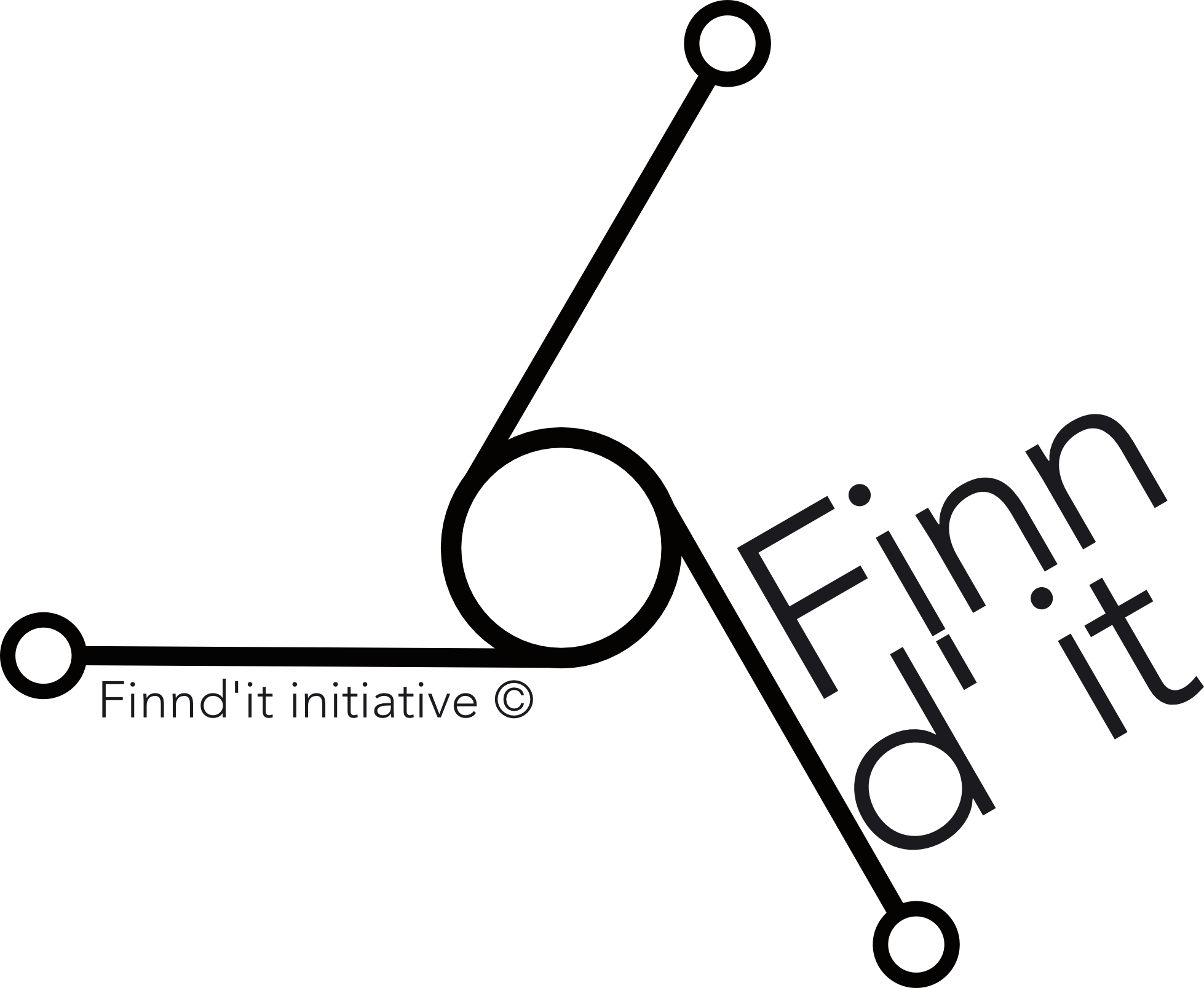The worlds of historical instrument making are human: a creative chaos characterised by inconsistency and cultural bias. Practice and intention are normally out of alignment. Uplifting knowledge and practical skills are either locked in silos or long dead. What are the key problems dragging down standards? From the perspectives of customer, maker, researcher, and museum curator, Barnaby Brown reflects on 25 years of practical experience breathing life into reconstructions of elite double-reed pipes: the instruments that led worship, accompanied drama, and buried warrior kings. […] by Barnaby Brown (Scotland | UK)
Barnaby Brown (Scotland | UK)
Barnaby Brown is the first Highland piper to apply the principles of the early music movement to pibroch. His recordings, articles and editions have helped to revolutionize the way pipers approach the sources of pibroch (1760–1850), enriching the tradition beyond the legacy of the competition system. His quest to revive the northern triplepipe, the Highland bagpipe’s predecessor, led to six years in Sardinia and the formation of Band-Re with guitarist Gianluca Dessí, and from 2006 to 2012 Barnaby was a lecturer at the Royal Conservatoire of Scotland.
His passion for giving a contemporary voice to ancient instruments has led to four projects with Delphian Records – In Praise of Saint Columba: the sound world of the Celtic Church (2014), Spellweaving: ancient music from the Highlands of Scotland (2016), Set upon the Rood: new music for choir & ancient instruments (2017) and Apollo & Dionysus: sounds from Classical Antiquity (2018). The first two were informed by his doctoral research on Hebridean piping at the University of Cambridge. A founding member of the European Music Archaeology Project (EMAP), he created www.doublepipes.info to serve its Auloi/Tibiae Revival Project and directed the first Euterpe doublepipe school, which EMAP organized in 2018.
Barnaby disseminates academic research widely, for example supplying music for the action game Assassin’s Creed Origins (2017), set in ancient Egypt, and appearing in the Netflix movie Outlaw King (2018), leading Hebridean psalm-singing. He actively addresses issues of respectability and scholarly integrity surrounding all performers who draw on ‘Very Early’ materials by co-designing scientific experiments, which generate new knowledge through interdisciplinary collaboration, in tandem with experiences appropriate for entertainment and education, which are vital for attracting and training competent co-investigators.
Photo: https://blog.sciencemuseum.org.uk/ancient-greeks/

 Gonçalo was born in Porto – Portugal.
He has been a Researcher & Maker of “Iberian Gaita” Bagpipes for the past 20 years.
He is a music composer and guest musician on live and recorded performances.
Gonçalo is also a designer & Educator, having earned a M.A. in Architecture and a tutor’s pedagogical aptitude certificate.
Gonçalo lives in Helsinki - Finland and is currently a Music PhD student at the Sibelius Academy researching the lost Finnish Säkkipilli
Gonçalo was born in Porto – Portugal.
He has been a Researcher & Maker of “Iberian Gaita” Bagpipes for the past 20 years.
He is a music composer and guest musician on live and recorded performances.
Gonçalo is also a designer & Educator, having earned a M.A. in Architecture and a tutor’s pedagogical aptitude certificate.
Gonçalo lives in Helsinki - Finland and is currently a Music PhD student at the Sibelius Academy researching the lost Finnish Säkkipilli